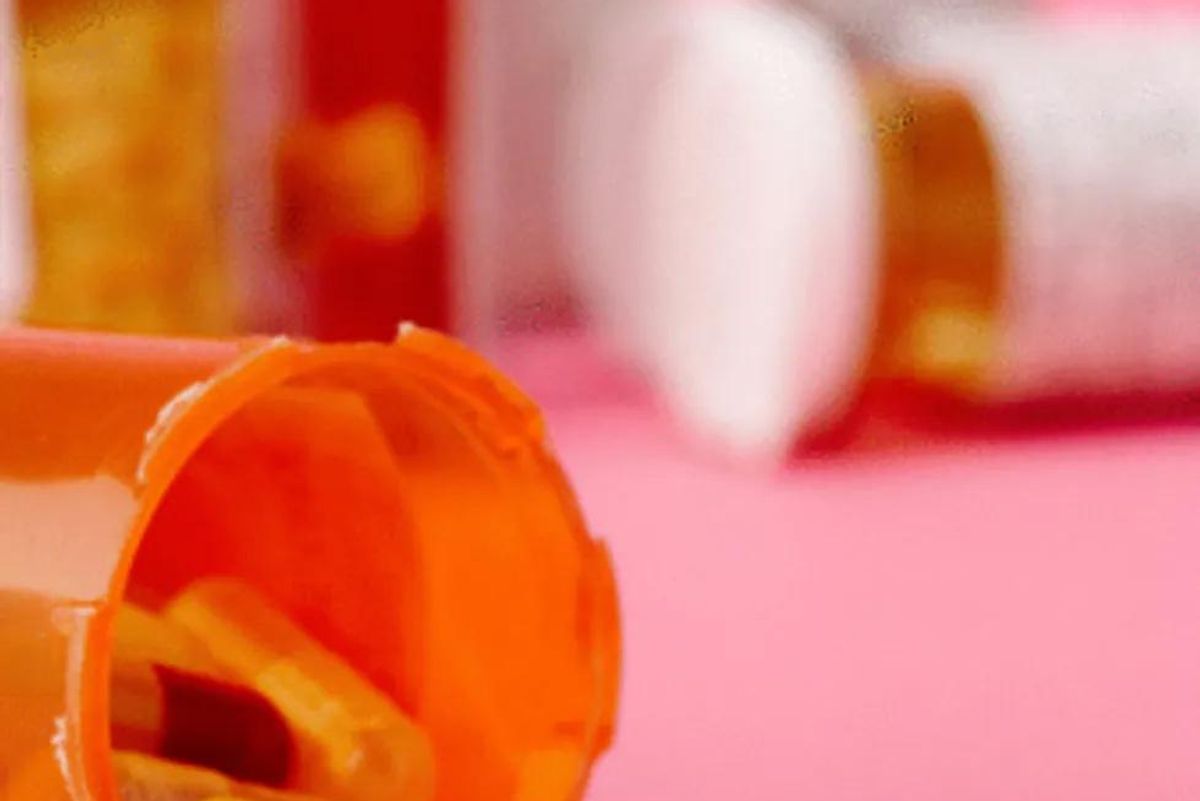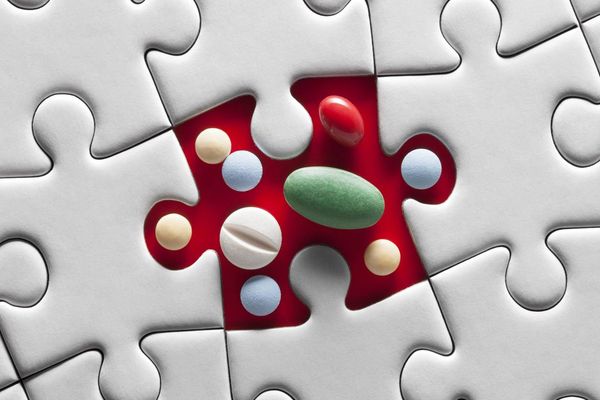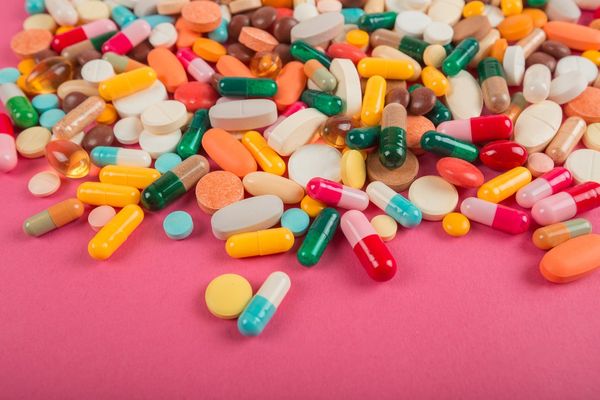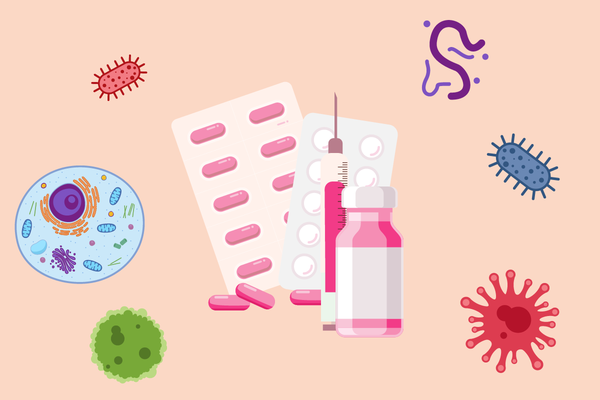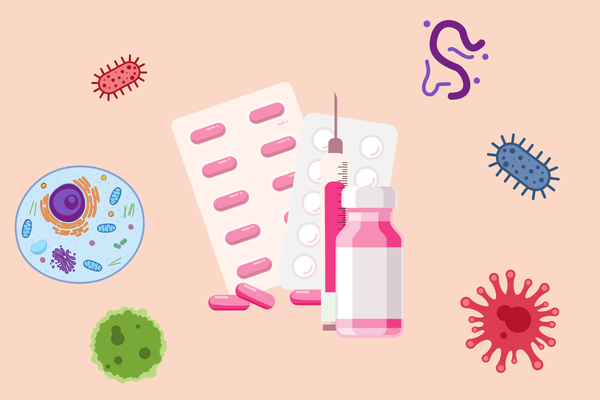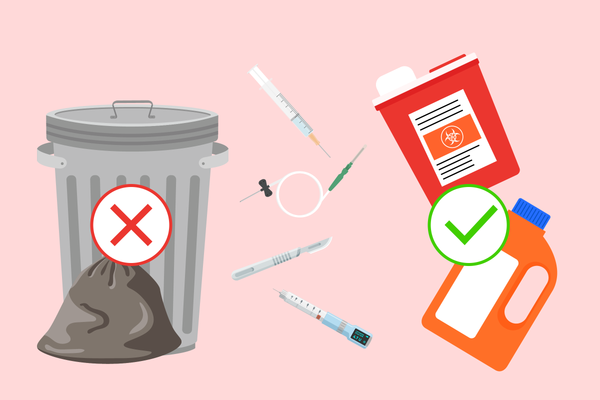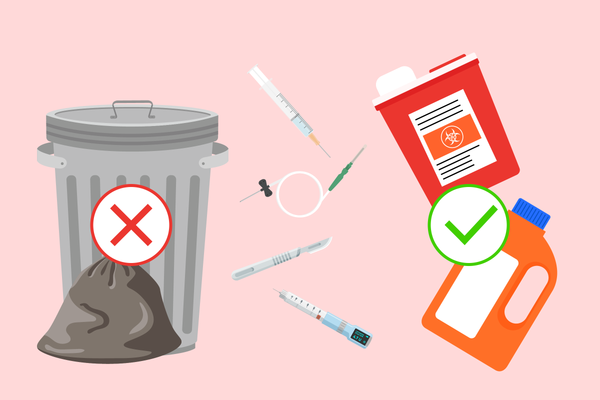Late yesterday afternoon, I desperately needed to take something for my migraine. Usually I try to suck it up and distract myself, only this time it was impossible to do either. It was so bad it rendered me near-mute. All I wanted, aside from my medicine, was a dark closet to hide in and a set of earplugs to drown out the intense noises that were probably no louder than near-whispers.
When I reached into the closet where I store medicines, the biggest surprise was not that the migraine medication had long-expired (that was disappointing, of course). Instead it was seeing all the bottles that had accumulated over the years; a walk through medical memory lane. There were the painkillers for the root canal I had 2 years ago; last winters' antibiotics my husband got for a sore throat but stopped taking when he started to feel better, the muscle relaxers the neurosurgeon prescribed for the spasms that occurred following my neck surgery 3 years ago; the pain relievers my husband had left over following his hip replacement in November. And more.
Being the pill-adverse people we are, many of these bottles were near-full. And many had long-expired.
But mostly they were there simply because, like the paint cans and bug sprays that accumulate in our garage, disposing of them continues to be an enigma.
Of course, in the perfect world, we wouldn't accumulate all sorts of pills. But we do. And most people just toss the medicine into the garbage or simply flush them down the toilet. But there's a problem with this: Flushing medications down the toilet can actually be worse than putting them in a landfill. There's more opportunity for them to directly enter an aquatic ecosystem. (It's important to note that you cannot depend, either, on a waste treatment plant to remove these pharmaceutical chemicals from wastewater; they simply don't have the technology to filter out the substances from sewage.)
The compounds can filter into groundwater and then end up in our lakes and streams (along with the unwanted oil that continues to wreck wildlife and future health). When water from 139 streams in 30 states was studied by the US Geological Survey, a whopping 80 percent contained traces of pharmaceuticals. While the effects on the environment, plants and marine life is still unknown, I have a sneaking suspicion that none of these will escape any residual effects. Chemicals in medications can cause hormonal changes and affect aquatic organisms at the cellular level, according to a report published by
healthfinder.gov. The report also states that drugs intended to lower cholesterol can retard metabolism and growth in fish. And antipsychotic and anxiety medications can impact behavior, growth and reproduction. Fortunately, research continues.
Here are a few things you can do:
1.
Look for a drug take-back program. These usually are not for consumers (I ask, why not??) but for pharmacies, government agencies or community groups. Try calling to see if you can bring your unused and expired medications to your local drug store.
2.
Call your city or country government's household trash and recycling service to inquire about a take-back program in your community. Ask if there are any rules about which medicines can be taken back.
3.
Check the instructions on the label. They might provide guidance as to what's the best way to dispose of that particular medication. If you don't have the instructions, see if you can find them online, or call the company that manufactures the drug to ask.
4.
Limit the drugs you get. Doctors may prescribe a larger dose of a drug you need for an ongoing medical condition (like diabetes, high cholesterol or high blood pressure) to be cost-effective, but chances are good that the dose or drug itself will change in that time frame. Ask for a smaller dose; it may be a bit more inconvenient for you to fill it more often, but it's a smart way to be proactive.
5.
Ask your doctor if they have medication receptacles. If they do, you can bring your old or unused medications to the office and dispose of them there.
6.
Consider donating. Some organizations accept certain types of medications (but not expired meds) and donate them to third world countries. Try the Starfish Project (The Starfish Project, Center for Special Studies;119 West 24th Street, New York, NY 10011 (Phone: 212-746-7164; Fax: 212-746-7166)
7.
Contact your local Emergency Room. They might collect supplies and medications to donate to other countries, too.
Even though a lot of environmentally-conscious people won't agree with this - the FDA's recommendation is to dispose of most medicines in the household trash – but not before mixing them with a substance (like coffee grounds or kitty litter that would render them unpalatable should someone want to take them) and sealing them in a container. Their reason? To prevent dangers (some can be deadly) these potent drugs can present to people and pets in the home.
Click here to see their list.
For more reading: our overview of
Medication Safety
More on disposing medication

